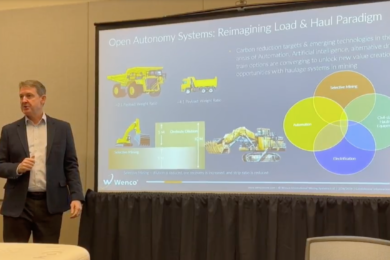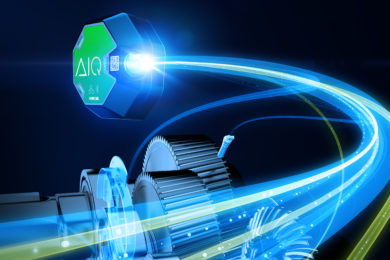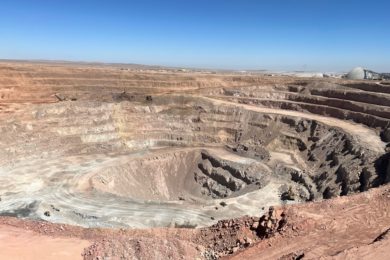The digital age holds out great opportunities for mining companies to reduce risk and improve safety and profitability; SRK Consulting (SA) Chairman William Joughin gave delegates at the Investing in African Mining Indaba a taste of what is already being achieved. Speaking as part of the Indaba’s Mining 2050 (Technology & Innovation) stream, Joughin highlighted the growing value of big data in improving both strategic and engineering decisions in mining.
“Larger quantities of better and more reliable data – combined with specialised and in-depth engineering experience – are a real step-change in our ability to understand and manage project risk,” he said. “Today’s technology gives us the power to collect and analyse data in previously unimaginable quantities – and with remarkable benefits.”
He said SRK’s decades of hands-on experience in mining, combined with its growing ranks of tech-focused expertise, have allowed the innovation of various technologies to further address mining risks from safety and environment to geology and social licence to operate.
“We have used drones and photogrammetry, for instance, for mapping geological structures – giving us a better understanding of the geology and more reliable resource definition,” said Joughin. “This in turn helps mines manage geotechnical risks such as slope stability, as more data means more accurate interpretation of geological structures.”
These technologies are also being used as leading-edge tools to help mining clients to improve on-site safety through reducing rockfall risk in opencast operations. In another safety-driven initiative, SRK has collaborated with the Australian Centre for Geomechanics at the University of Western Australia to develop software for analysing seismic risk – to address the danger of rockbursts in underground mines.
Growing environmental risks are an important focus for SRK innovations, which include web-based software that combines with monitoring facilities to give mines real-time warning of contamination sources. SRK’s engineers also use a mobile GIS application – which enables faster processing and communication – to analyse data from tailings storage facilities and reduce the risk of failure.
“As leaders in the field of social impact assessment, we have also been able to plough back our experience into new tools that address social risk,” he said. “Among these is our mobile survey app – developed with Dimension Data company Britehouse – that manages the complex and multiple interactions with stakeholders much more effectively than the traditional manual methods.”
The company has also taken the leap into augmented reality (AR) technologies to help address resource and geotechnical risk – exploiting the three dimensional integration of data for a fully immersive user experience.
“The key to leveraging technology in this way is to imbed innovative thinking into all our specialist disciplines, so that the full benefit of modern invention can be applied across the mining project life cycle,” said Joughin.










